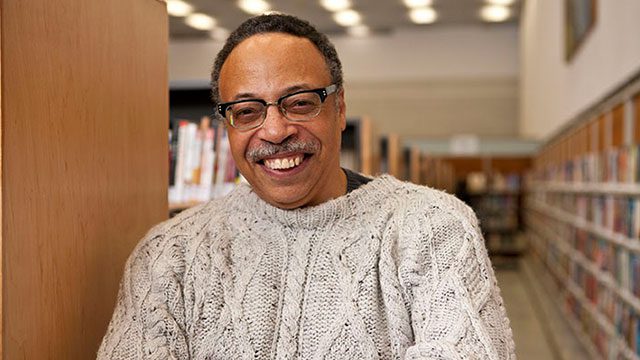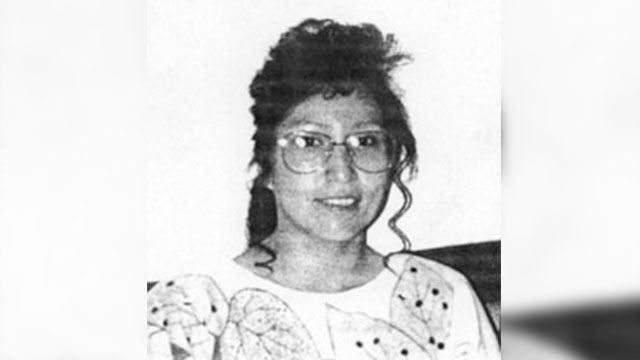
A former Canadian poet laureate has cancelled his upcoming Woodrow Lloyd lecture at the University of Regina amid public outcry.
“It is with great sadness that I have decided to withdraw from this presentation. I never intended to cause such anguish for the family of Pamela George and the Indigenous community, and for that I am truly sorry,” said the statement from George Elliott Clarke.
“My purpose in my talk was to discuss the role of poets in dealing with social issues, but that interest has been lost in the current controversy. So regrettably, I have asked the University of Regina to cancel my appearance.”
News of the lecture drew criticism from the family of George (who was beaten to death by two university students in 1995), fellow writers, scholars, and a petition from Idle No More to cancel it.
Read more: Poet who edited work of convicted killer of Pamela George shoud speak: University of Regina
Critics were upset at Clarke’s plan to possibly share poetry from one of George’s convicted killers, Steven Kummerfield, as well as the university’s handling of the matter.
Clarke responded Thursday evening by saying he would not “be citing the poetry of Mr. Kummerfield Brown.”
On Friday he cancelled his talk altogether.
Marion Buller, former chief commissioner of the National Inquiry into Missing and Murdered Indigenous Women and Girls (MMIWG), praised the response.
“We all can do one thing to make Canada safer for Indigenous women and girls and two S[pirit] people – and if it means your one thing is speaking up and speaking out when you see injustice, then you’ve helped to make Canada a better place,” she said in a telephone interview.

(Pamela George was 28 when she was beaten to death by two university students in 1995. APTN)
Scholars were among the first to call out the university.
“If you didn’t consult with the Indigenous community, if you didn’t consult with your own university community, that was a mistake and you can change your mind about a decision that was made based on this fact,” Lynn Lavallée told APTN News.
“That is reconciliation. Acknowledging mistakes.”
Lavallée, an Indigenous resurgence scholar at Ryerson University in Toronto, said she sent Vianne Timmons and Richard Kleer, president and dean at U of R respectively, a letter criticizing them for using arguments of academic freedom and freedom of speech to defend Clarke.
An associate professor at the university also resigned from the Woodrow Lloyd committee, saying there isn’t enough time between now and the Jan.23 talk to ensure it achieves the goals of healing and reconciliation it ought to.
“To go full steam ahead when we have been told to slow down and to reconsider is an example of where the University clashes with the kinds of Indigenous protocols and knowledge we claim to be incorporating, and even welcoming and celebrating,” Emily Eaton said in her resignation letter she shared with APTN.
Concerns and processess
“In this case, it seems we have decided against Indigenous concerns and processes. Or at the very least, we don’t have enough time to do the work with multiple Indigenous communities to find out under what conditions (if any) it could be a healing and reconciling experience.”
Other artists and writers took to social media to express frustration with Clarke and the university.
“I have a policy,” wrote Gregory Scofield, an award-winning Métis poet, on Facebook. “I do not speak the names of men who’ve killed Indigenous women. I do not share their images. This is to the poet who wants to give a voice to the man who killed Pamela George. I know you. And others know you.”
The university responded Friday by saying it would not seek a replacement for Clarke.
“In an effort to hear people’s concerns and perhaps begin a healing process, the University of Regina, through its Office of Indigenization, is in the process of reaching out to a number of Indigenous leaders, representatives, Elders, and groups,” it said in a statement.
“We are seeking to engage our Indigenous stakeholders in open discussions.”
With files from Priscilla Wolf











The use of the term “Indigenous stakeholders” says to me the process of indigenizing the academy at this university is still in the early stages.